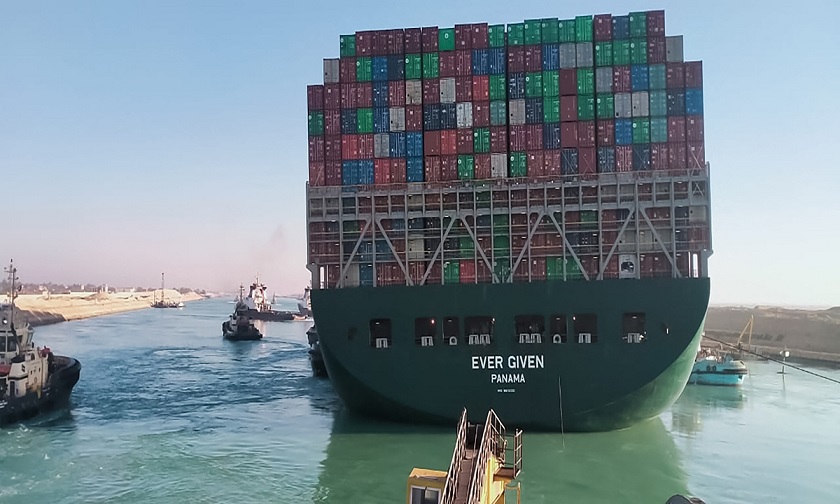In today’s interlinked world, social media and multimedia platforms such as WhatsApp, Instagram, Facebook, TikTok, and many others have become an integral part of daily life. It began as a tool of individual communication and is now deeply embedded in business processes, customer relations, and even in governance. In the case of logistics, where real-time coordination, supply chain visibility, and trust are of maximum concern, these platforms are both a boon and a bane.
What started as simple old-fashioned personal communication has gone very much down the supply chain.
In Malaysia, WhatsApp is being employed as the default office. Shipping agents, drivers, and warehouse operators utilize closed groups for real-time updates on cargo arrival, customs clearance, and port congestion. Consider the Sepanggar Bay Container Port, where agents notify gate-in times to prevent costly demurrage charges with a touch. It saves valuable time and money.
But this speed is accompanied by an immobilizing fragility. The sanctity of these intimate, closed circles is precarious. One unsavory, careless screenshot of proprietary freight data or client information can be quickly turned into a negative force, engendering commercial disputes, data pilferage, or legal entanglement. Worse, manipulated or taken out of context, it can destroy a company’s reputation in court.
Outside of personal discussions, public platforms like Facebook and Instagram also help in building brand identity. Customers today do not decide reliability on price; they decide reliability on corporate values.
Brands like DHL Express Malaysia consider this, using these platforms to advertise green initiatives and cultivate loyalty by highlighting environmental responsibility. For local SMEs, Facebook Marketplace is typically the link to extending e-commerce’s last-mile delivery.
But the public spotlight also magnifies risk exponentially. A single complaint by one angry customer can go viral overnight, and a competitor’s dishonest posting can trigger a costly legal battle. Here in Malaysia, we are bound by the law: the Evidence Act 1950 deems electronic records as documentary evidence admissible in court, and most crucially, Section 114A makes the owner of an account responsible for what is posted. This means that if a worker posts a defamatory comment using a corporate account, or leaked WhatsApp chats unveil promises which have not been fulfilled, then the firm is responsible.
We’ve seen the consequences play out locally. During past port delays at Port Klang, unverified claims of stranded containers and strikes flooded WhatsApp and Facebook. Companies that forwarded this misinformation caused importers to panic and reroute cargo unnecessarily, destroying credibility in the process.
Contrast that with the 2021 “Ever-Given” Suez Canal disruption. Logistical firms that used LinkedIn and Facebook to provide clear, advanced notice of ship rerouting were able to build customer trust during a global crisis. The lesson is clear to Malaysian firms: in the event of local disruptions — be it port dredging or flight delays — transparency and advance communication are the solution. Silence breeds suspicion: transparency breeds confidence.
Logistics’ main problem is no longer how to employ these platforms, but how to regulate them sensibly. This will mean developing a culture of responsibility, and this can be started with comprehensive training. Staff need to understand the grave legal penalties for defamation and data theft. To counter disinformation, businesses must implement strong verification processes, and this must include checking news such as port blockages, with official sources before circulating it.
Multimedia networks have become an irreversible factor in the logistics sector, like upending port traffic in Sabah or last-mile delivery in Kuala Lumpur. As they offer unmatched velocity, visibility and power of branding, this virtual wave produces a double reality of huge promise and very high risk. The biggest challenge today is not whether to use these tools, but how to use the power of the tools judiciously without falling prey to their attendant risks of defamation suits, data compromises, and reputational collapse.
A company that embraces these tools without robust safeguards is playing with its very essence, risking data breaches and costly litigation. Conversely, a company that weaves them together into a well-governed strategy can realize new heights of efficiency, customer confidence, and competitive leverage. So the essential question is not whether platforms like WhatsApp, Instagram, or Facebook are inherently safe, but whether logistics professionals are prepared to accept the profound responsibility that they represent. The future of logistics will be shaped not just by ships, trucks, and planes but also by the images, posts, and messages sent across our screens. Consciousness and anticipatory governance are no longer optional in this new world — their consideration is the key first step to building a resilient and successful operation.
Reference : The digital double-edged sword in logistics | Borneo Post Online

